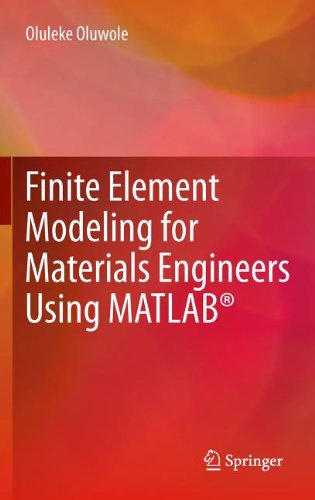

Most ebook files are in PDF format, so you can easily read them using various software such as Foxit Reader or directly on the Google Chrome browser.
Some ebook files are released by publishers in other formats such as .awz, .mobi, .epub, .fb2, etc. You may need to install specific software to read these formats on mobile/PC, such as Calibre.
Please read the tutorial at this link: https://ebookbell.com/faq
We offer FREE conversion to the popular formats you request; however, this may take some time. Therefore, right after payment, please email us, and we will try to provide the service as quickly as possible.
For some exceptional file formats or broken links (if any), please refrain from opening any disputes. Instead, email us first, and we will try to assist within a maximum of 6 hours.
EbookBell Team

0.0
0 reviewsThe finite element method is often used for numerical computation in the applied sciences. It makes a major contribution to the range of numerical methods used in the simulation of systems and irregular domains, and its importance today has made it an important subject of study for all engineering students.
While treatments of the method itself can be found in many traditional finite element books, Finite Element Modeling for Materials Engineers Using MATLAB® combines the finite element method with MATLAB to offer materials engineers a fast and code-free way of modeling for many materials processes.
Finite Element Modeling for Materials Engineers Using MATLAB® covers such topics as:
Exercises are given based on each example and m-files based on the examples are freely available to readers online.
Researchers, advanced undergraduate and postgraduate students, and practitioners in the fields of materials and metallurgy will find Finite Element Modeling for Materials Engineers Using MATLAB® a useful guide to using MATLAB for engineering analysis and decision-making.